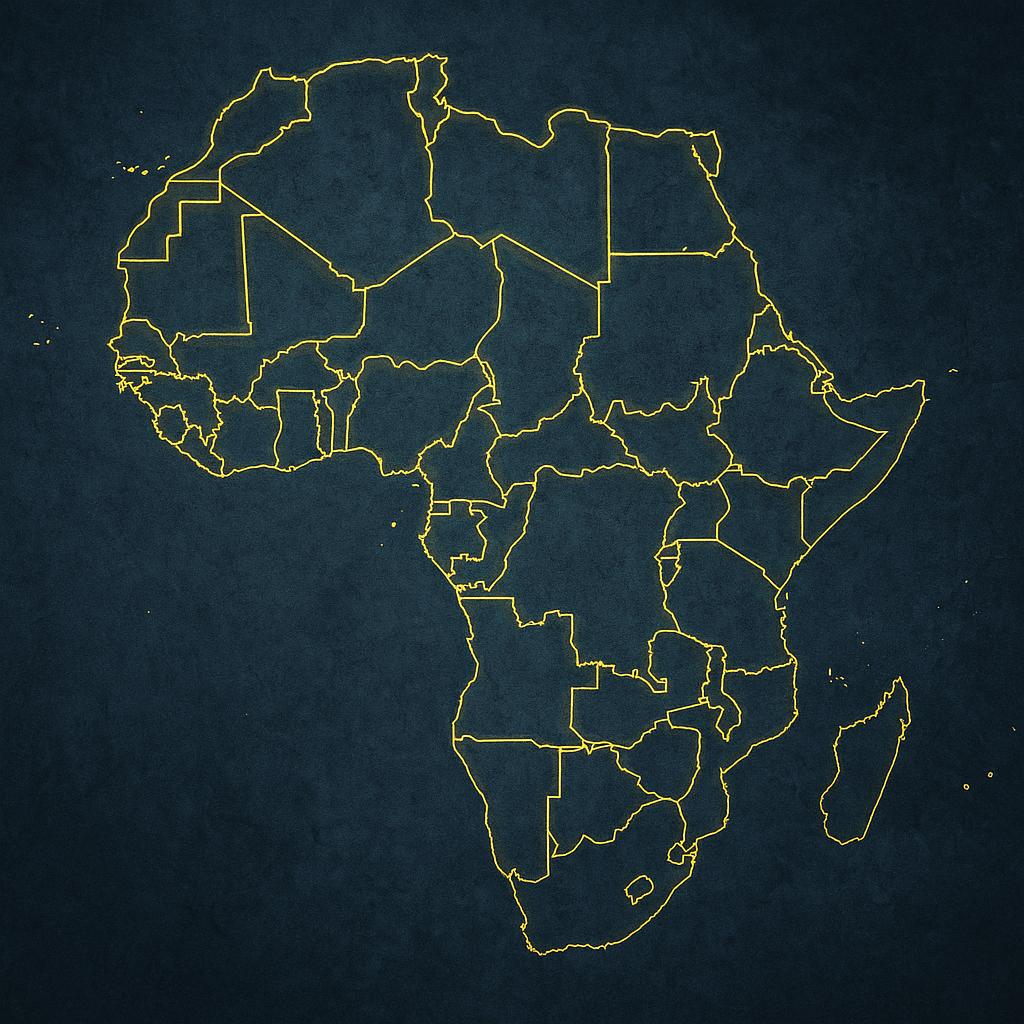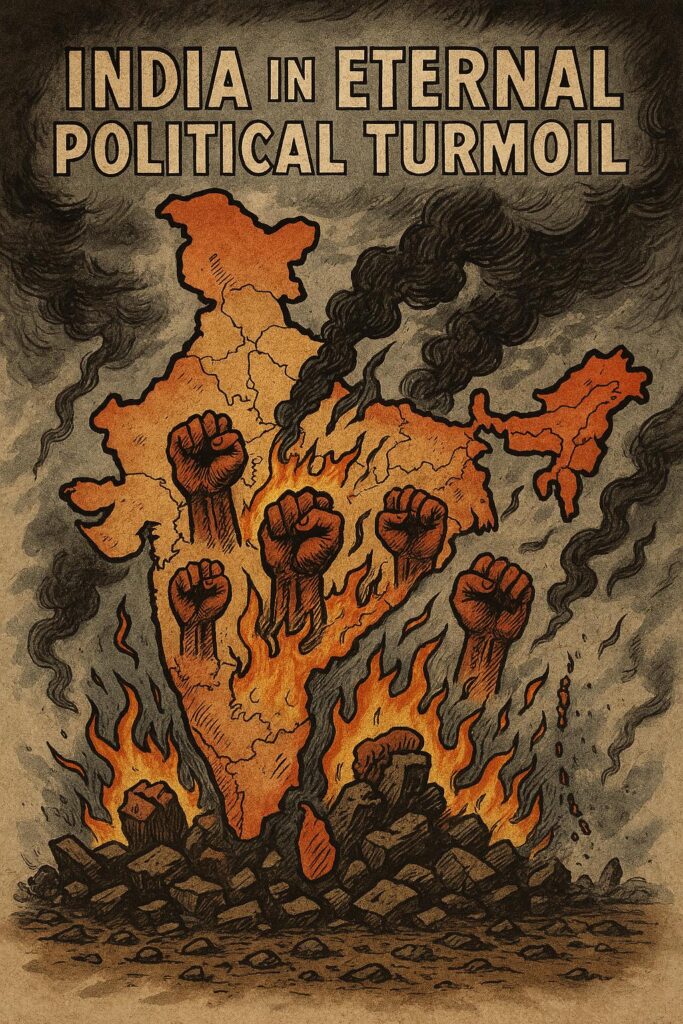Colonialism has officially ended. Yet its structures remain deeply embedded in the global system. In fact, the modern world order still runs on the mechanisms built by European empires. Colonial history does not sit in museums; instead, it lives in borders, currencies, alliances, and crises. It continues to shape how nations trade, borrow, vote, fight, and govern. Global power did not reset after decolonization. Rather, it adapted to new institutions and continued operating behind fresh facades.
Colonialism: Borders without consent

The world map tells a lie. It presents countries as natural units, shaped by tradition and geography. However, many borders were drawn in faraway boardrooms, often with no knowledge of the terrain or people. European powers divided entire regions with ink and arrogance. The Berlin Conference of 1884 split Africa without consulting a single African leader. Likewise, the Sykes-Picot Agreement carved up the Middle East based on colonial convenience and oil.
The British Raj disintegrated into India and Pakistan overnight, triggering bloodshed and mass migration. These borders ignored tribal, linguistic, and ethnic realities. Consequently, many nations lacked cohesion and identity. That absence bred tension, and then civil war. Sudan split. Nigeria erupted. Kashmir froze. What began as colonial geometry still bleeds through present-day conflict.
Economies built to extract
Colonial powers did not build sustainable economies. Instead, they engineered extraction machines. Colonies were set up to provide raw materials. Colonizers refined those resources abroad, then sold finished products back to the very lands they drained. Infrastructure served ports and plantations. Roads led to mines. They did not lead to schools. Nor to clinics.
After independence, little changed structurally. Many former colonies still rely on a narrow range of exports. Cocoa, copper, oil, coffee. This kind of dependence creates vulnerability. When prices fall, budgets collapse. When demand slows, debt rises. Multinational corporations quickly step in. They mine, drill, and export wealth. Yet almost nothing remains in-country.
Colonialism trained nations to export what they do not eat and to import what they cannot afford. This model still governs the Global South. It perpetuates dependence and blocks development.
Colonial strategy: Fragile states by design
Decolonization came suddenly. It came without preparation. Colonizers withdrew quickly, often handing power to friendly elites. Sometimes they left behind warlords. Rarely did they support institutions built for cohesion or longevity. Many new states lacked a shared language. They lacked clear identity. They lacked tested systems.
That vacuum led to instability. Congo slid into dictatorship. Iraq fell to strongmen. Afghanistan became a Cold War battleground. Internal divisions, long manipulated by colonial rulers, returned as civil war. The state itself became a contested object.
During the Cold War, foreign powers escalated this chaos. They armed factions, propped up dictators. They removed elected governments. Sovereignty became fragile. Survival became performance.
Aid and control
Modern colonialism wears a suit. It arrives in the form of development aid. It arrives with diplomatic smiles. Still, it serves the same goals as the old empire. Wealthy nations provide loans. Those loans go to presidents and ministers. Rarely do they reach schools or hospitals. Aid becomes a bribe. A contract to station troops. A deal to approve oil leases. A vote bought in a UN hall.
Western embassies send consultants into ministries. International NGOs control budgets. Donors praise stability. Local elites grow rich. The public remains trapped. Despite fanfare, little changes.
The CIA and the New Empire
Foreign interference continues. Decisions made in Washington can drown out domestic voices. The CIA has backed coups, trained militias, and picked presidents. Iran in 1953. Congo in 1960. Indonesia in 1965. Chile in 1973. The pattern is consistent. Markets must stay open. Socialism must be suppressed.
These interventions created obedient states. Leaders could be brutal or corrupt. If they served Western security and business, they stayed in power. If they resisted, they were replaced. After the Cold War, the methods evolved. Intelligence became diplomacy. Bribes became investments. The control remained.
Colonialism turned into neo-collonialism: The dollar trap
Money governs global politics. The dollar dominates money. Most developing nations cannot borrow in their own currency. They must borrow in dollars. To repay those debts, they must earn dollars. That means exporting more or borrowing again. Or both.
Poor countries must hold dollar reserves. This gives the Federal Reserve global reach. When it raises interest rates, capital flees the Global South. Currencies fall. Budgets shrink. Governments slash services to calm creditors.
Because global trade runs on dollars, countries must also buy dollars to purchase imports. They spend more than they earn. Debt rises. Growth stalls. This loop strengthens U.S. leverage and deepens dependency.
Assigned roles in a rigged order
Global order appears rules-based. It is not. Roles are assigned. Former colonial powers hold the seats of power. They dominate the UN Security Council, control the IMF and World Bank. They steer NATO and the G7 and they write the rules. Others obey them or face penalties.
Credit rating agencies based in the West judge southern economies. Low ratings push up borrowing costs. Investment dries up. Governments rely on foreign capital. Currencies are often devalued. Wages remain low. Exports stay cheap. The cycle continues.
Western media and think tanks tell the same story. They speak of corruption. Instability. Backwardness. These stories shape perception. They limit policy. They justify control. The legacy of empire hides in modern branding.
Beneath that narrative, the financial system is tightly interwoven. Western central banks act in coordination. They set interest rates. They manage credit flows. Their moves ripple worldwide. Behind them stands a network of interconnected banks. These banks hold mutual shares. They share board members and operate through secretive deals. They form a financial cartel—linked in ownership, united in interest, and sheltered from oversight.
Institutions like the Bank for International Settlements, the World Bank, and top firms in London and New York form a closed circuit of capital. When they restrict credit or shift policy, poor nations suffer immediately. They cannot shield their currencies. Their reserves vanish. Their leaders beg for loans. The terms arrive written in someone else’s language.
India in perpetual friction

India illustrates what managed dysfunction looks like. The British built it that way. They divided by religion, caste, and language. These fractures outlived the empire. They became permanent political tools.
After independence, India held together through compromise. It built layers of bureaucracy. Its progress slowed. Internal friction stayed high. Foreign investors benefited. So did Western governments. India was large enough to matter, but divided enough to be managed.
Its currency remains undervalued. Imports stay expensive. Foreign companies dominate key markets. India grows, but not on its own terms. The disorder is not accidental. It is rooted in colonial logic. And it still works for the architects.
Breaking free from the pattern
But resistance grows. The system faces challenge. BRICS offers an alternative model. Blocs like the African Union, ASEAN, and CELAC demand fairer rules. Countries trade in their own currencies. Some abandon the dollar. Others start their own banks. Sovereignty begins to shift.
Reparations are no longer whispered. They are demanded. Decolonization today means power over land, currency, and narrative. It plays out in legislatures, in courtrooms, in trade zones. The empire hears it now.
The empire still breathes
Colonialism did not disappear. It evolved. Its weapons are no longer ships and rifles. They are contracts and spreadsheets. Its agents wear suits, not uniforms.
Every map drawn, every debt imposed, every conflict sparked carries a shadow. That shadow points to empire. Until we confront it directly, geopolitics will remain a game played on someone else’s board.

Leave a Reply